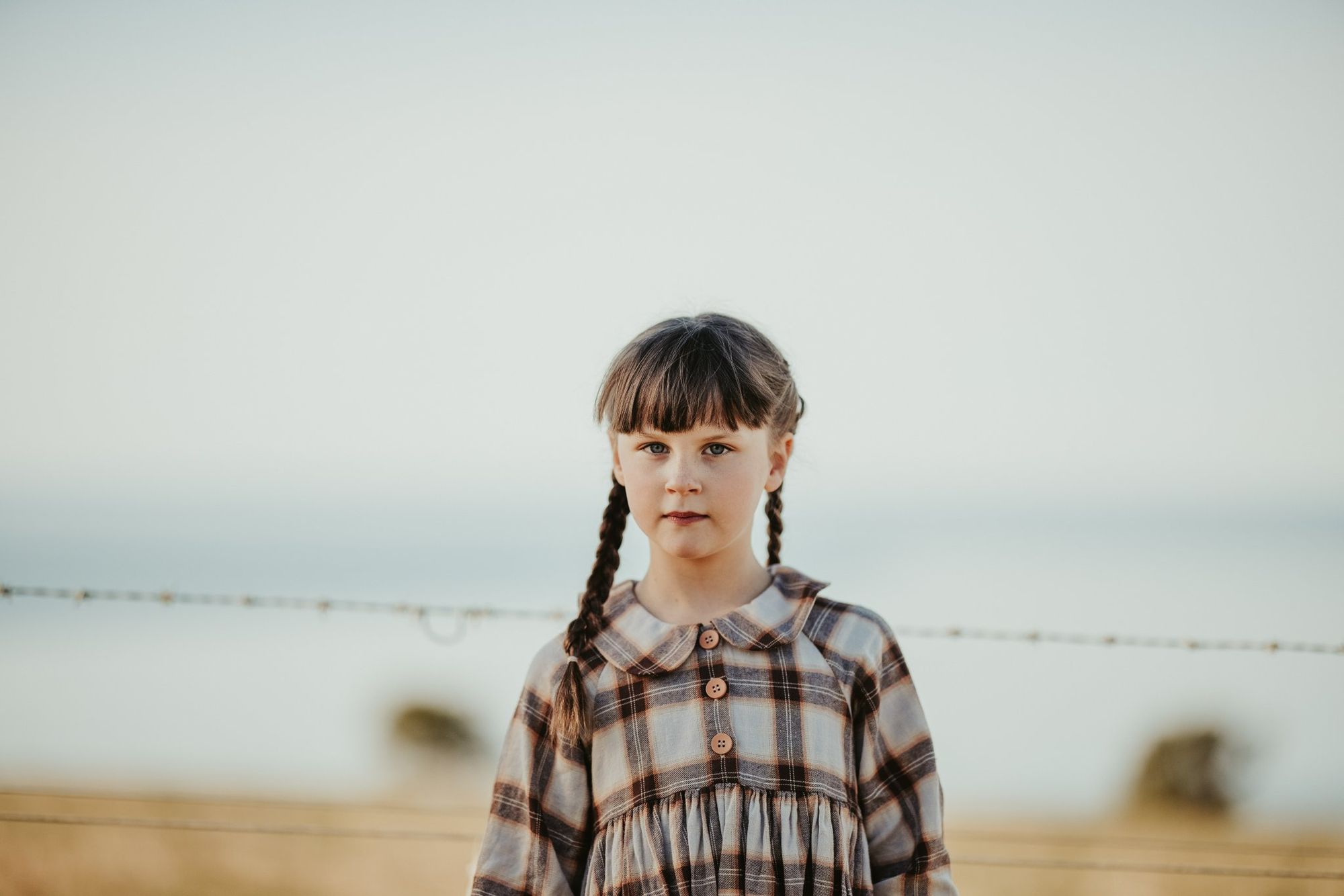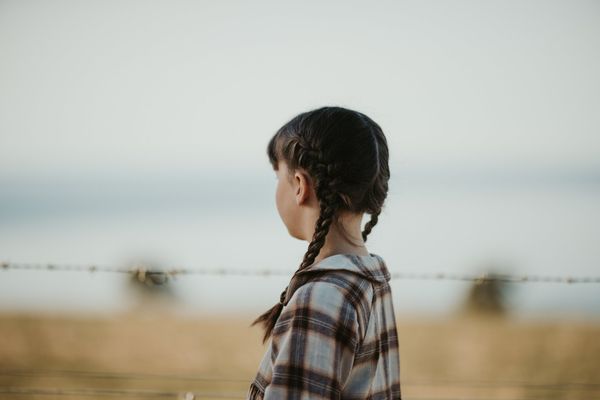A reader sent in this question, and I felt it deserved a full post because...there’s a lot to unpack here.
Firstly, this idea: I had it hard, and I turned out alright, so you – and everyone else – should have to go through that too.
I don’t believe that’s good, or strong. I believe it’s dangerous. I believe it’s creating cycles of pain within families that – with the right kind of personal work – can be broken. Because so many of us are carrying wounds from childhood stress that we haven’t given the recognition we should. And the time, focus and care to heal them.
Secondly, and something I find equally dangerous, is this idea that life has to be full of hard things. Yes, life can be hard. Yes, it will probably throw challenge after challenge at you. But so many of the things we actually talk about as being hard when it comes to school – things like putting up with a bad teacher, or a bully, or assignments that don’t work how your brain does…none of those things transfer to the ability to navigate true, rewarding life challenges.
These school experiences do not prepare us to go through hard things, they condition us to accept what should be unacceptable.
The bad teacher becomes a bad boss, the playground bully becomes a toxic colleague, the boring, unfulfilling assignments become a boring, unfulfilling job. We shouldn’t be hardening ourselves up so we can get through those things. We should be developing the skills to recognise that they’re unhealthy, and that – for most people in most situations – we actually have a fair amount of power to change them.
Thirdly – and probably most importantly – is the fact we confuse resilience with hardness. We confuse being capable of navigating a difficult situation with putting up with an unhealthy one.
This is something I heard a lot when we first started down this home education path, because one of our first motivations for change was the discomfort our then-7-year-old was experiencing in the classroom. And that was met with a lot of backlash from people we spoke to.
We were being too sensitive to our children’s discomfort. Spending time in that was good for them, and good for us. Pushing through it would bring us all some much-needed resilience.
I heard it so much that for a while I felt embarrassed by the sensitivity I held around all this, especially as a dad. I knew it was just who I was, but I started to believe it was a weakness. One I was transferring onto my children by trying to protect them from emotional strain. One that would cause them to miss out on the important developmental stage of learning to wipe away their tears, put their heads down, and push through whatever was causing them pain.
The thing is, I’m absolutely a firm believer in helping my children develop resilience. In helping them work through hard things. In accepting when something doesn’t go their way. In not sweating the small stuff.
But what I don’t believe is that pushing through things like severe separation anxiety or bullying will help a child develop a resilient character. I believe pushing through that sort of strain will only develop the skill of hardening your heart. Of shutting off access to your softness as an emotional preservation tool.
This is…more than just my opinion. Because it is a psychological fact that being continually stressed doesn’t develop resilience, it eats away at it.
I have long since moved past feeling any shame about my sensitivity. In fact, I’ve embraced it. I’m sensitive. I’m soft. And I will absolutely step in and protect my children from any serious emotional strain they’re experiencing whenever I can, for however long I can.
Resilience is a wonderful trait, but we should never confuse it with a heart that has become hard.
To round out my thoughts on this question, I need to touch on the idea of independence – because, I think it’s closely tied to resilience. How can our children ever go through hard things if we keep them so close, right?
Well, yes, we spend a lot of time together, and we’re very connected in ways that others might call dependence. Our 7 year old climbs into bed with us to fall asleep almost every night. Our 12 year old likes us to stay parked nearby when we drop him at places like drama class or sports practice. Our 14 year old calls us ‘mummy and daddy’, not ‘mum and dad’.
You can call that dependence, with a negative tone. Or you can call that connection. You can say these children need to grow up a bit, harden up a bit, or you can see their dependence as a healthy part of a child’s development. As laying a stronger foundation for later. As something they’re part of building and preparing for, not something that’s forced on them before they’re ready.
The great irony in the idea that children need to become independent and resilient is that when we force those things too soon they don’t. They harden themselves, yes. They find ways to protect themselves, yes. But that is not true, confident independence. It is self-defence. It is self-preservation.
Again, I think the real issue is not that homeschooled children aren’t learning to be resilient and independent of their parents. It’s that we’re confusing all that with hardness and detachment.
So does it matter to me that my children are still dependent within our family unit, and likely will be for some time yet?
No.
What would matter to me is if they weren’t.








